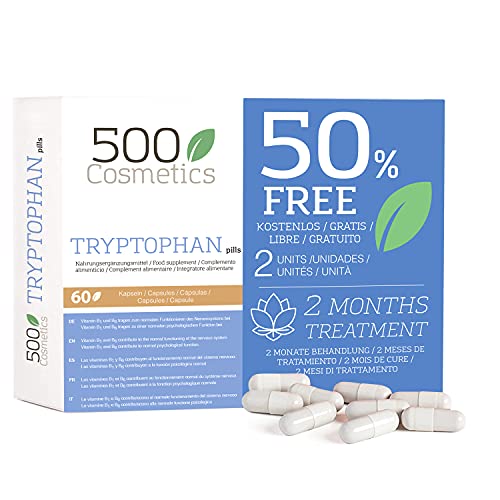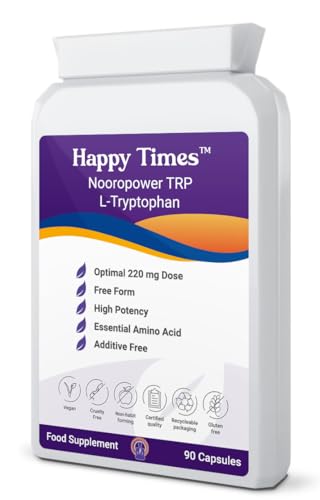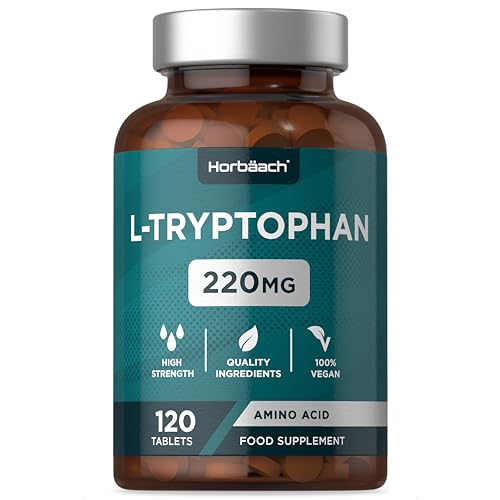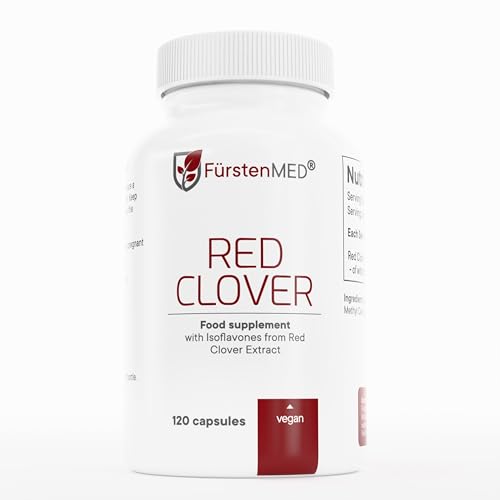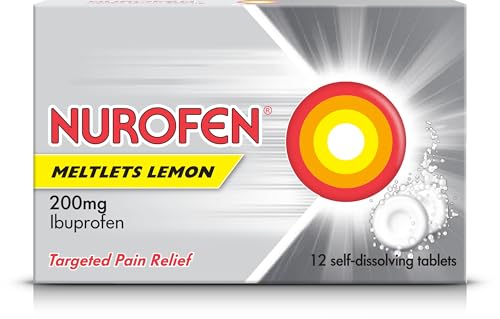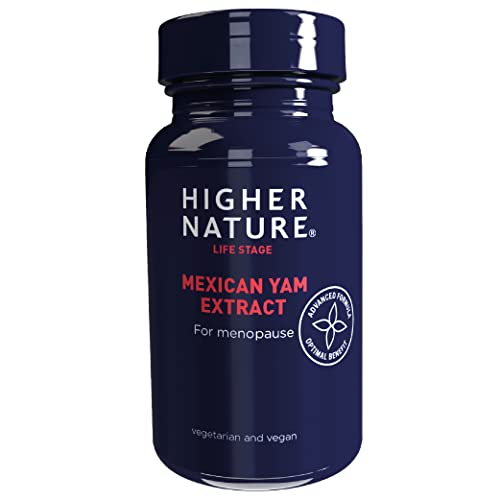Understanding Tryptophan: What Is It and Why Do We Need It?
What is Tryptophan?
Tryptophan is an essential amino acid, meaning our bodies cannot produce it, and we must obtain it through our diet. It plays a key role in the production of serotonin, often referred to as the ‘feel-good’ hormone. Serotonin is crucial for regulating mood, sleep, and anxiety levels. When we consume tryptophan, it is converted into serotonin and then into melatonin, which helps to regulate our sleep-wake cycles. Therefore, ensuring sufficient tryptophan intake is vital for both our mental health and overall wellbeing.
The Importance of Tryptophan in Our Lives
From managing moods to promoting restful sleep, tryptophan is at the centre of many bodily functions. A lack of it can lead to mood imbalances and difficulties in sleeping, which can negatively impact our daily lives. By understanding the importance of tryptophan, we can take proactive steps to include it in our diet and potentially improve our overall quality of life.
How Tryptophan Works: The Science Behind Mood and Sleep
The Connection Between Tryptophan and Brain Chemistry
When we consume foods rich in tryptophan, it competes with other amino acids to enter the brain. Once inside, it is converted into serotonin, which influences mood and emotional wellbeing. During the day, higher serotonin levels can make us feel happier and more energetic. At night, the body converts serotonin into melatonin, signalling it’s time for sleep. This natural cycle underscores why tryptophan is vital for maintaining balanced emotions and a good sleep pattern.
Understanding the Role of Serotonin and Melatonin
Serotonin not only enhances mood but also impacts sleep quality. When serotonin levels are sufficient, they contribute to a sense of calm and relaxation, making it easier to drift off to sleep. As melatonin takes over during the night, it further promotes deep sleep. This synergy between serotonin and melatonin illustrates why adequate tryptophan intake is fundamental in supporting both mental health and sleep quality.
Choosing the Right Tryptophan Supplement: Key Factors to Consider
Types of Tryptophan Supplements
There are various forms of tryptophan supplements available, including L-tryptophan and 5-HTP (5-hydroxytryptophan). L-tryptophan is directly derived from protein sources and supports overall serotonin production. On the other hand, 5-HTP is a direct precursor to serotonin, potentially offering a quicker impact on mood. It’s essential to consider which form aligns with our personal health goals before making a selection.
Evaluating Quality and Purity
When choosing a tryptophan supplement, it’s crucial to look for high-quality products from reputable brands. This means checking for purity and ingredient transparency, ensuring that the supplement does not contain harmful additives. We should also look for products that have undergone third-party testing to verify their contents. This diligence helps ensure we are getting a potent and trustworthy product that delivers what it promises.
Recommended Dosages and Timing for Optimal Benefits
Determining the Right Dosage
The appropriate dosage of tryptophan supplements can vary based on individual needs and health goals. For mood enhancement, dosages ranging from 500mg to 2,000mg per day are common, whereas doses for improving sleep could be around 1,000mg taken approximately 30 minutes before bedtime. However, it’s wise to start at a lower dose and gradually increase it, paying attention to how our body responds.
Understanding Timing for Maximum Effects
Timing plays a crucial role in maximising the benefits of tryptophan. Taking the supplement in the evening can assist in promoting better sleep quality, while daytime use may aid mood regulation. By aligning supplement intake with our daily routines, we can harness the full potential of tryptophan’s benefits.
Natural Sources of Tryptophan: Incorporating It into Your Diet
Food Rich in Tryptophan
Many foods are rich in tryptophan, making it easy to incorporate into our diet. Turkey and chicken are famous sources that are often believed to induce sleepiness. However, other beneficial sources include eggs, cheese, nuts, and seeds, as well as soy products like tofu. By incorporating a variety of these foods into our meals, we can ensure adequate tryptophan intake.
Balancing Tryptophan with Other Nutrients
For optimal absorption of tryptophan, it’s essential to consume it alongside carbohydrates. Carbs increase insulin levels, helping more tryptophan enter the brain. Therefore, combining tryptophan-rich foods with whole grains or fruits can enhance its effects. This balanced approach not only supports mood and sleep but also promotes a wholesome diet.

